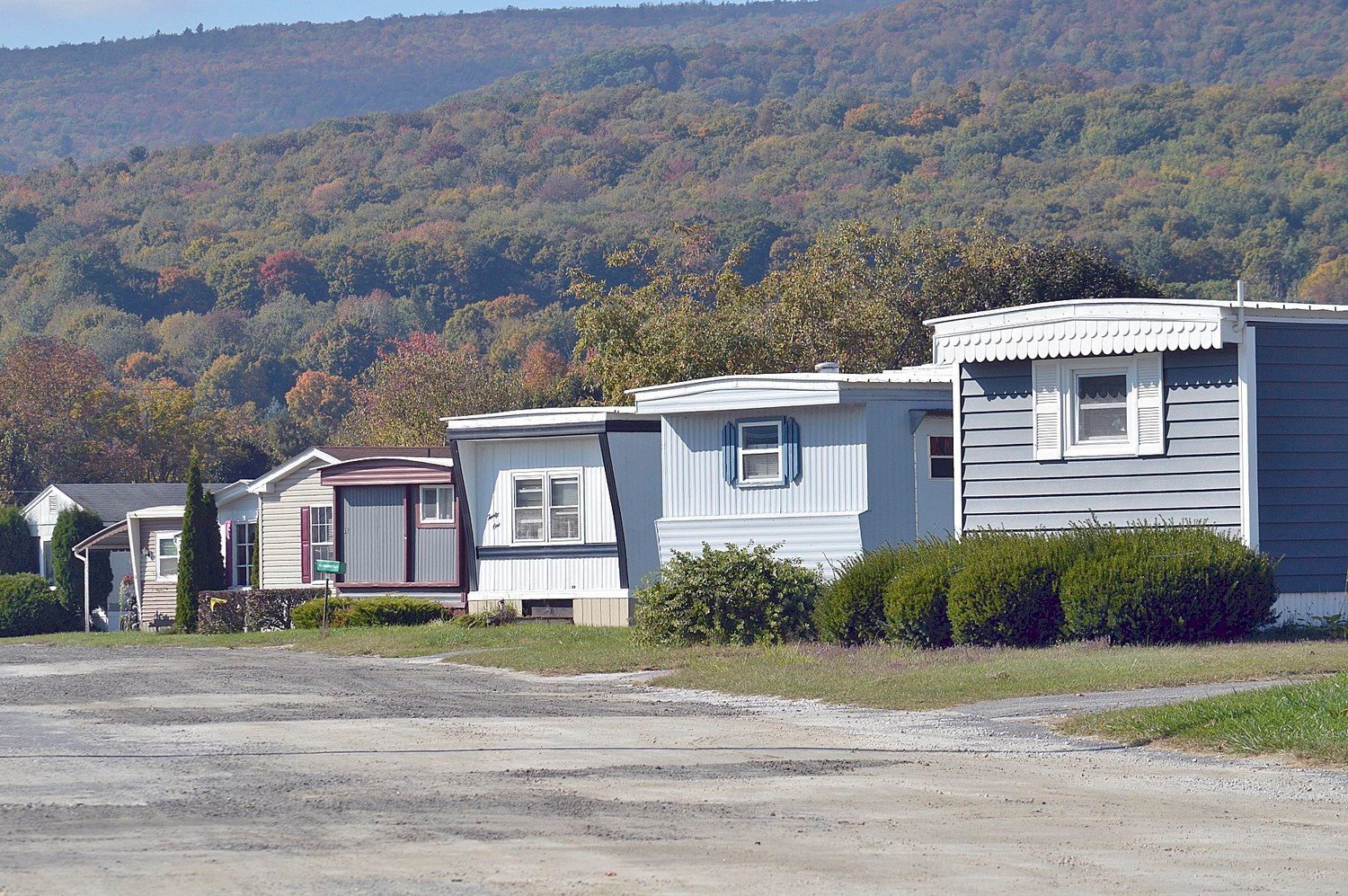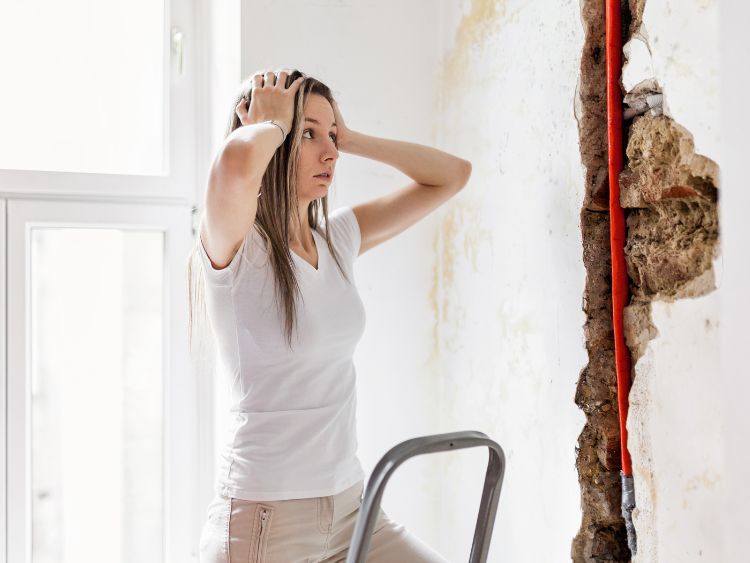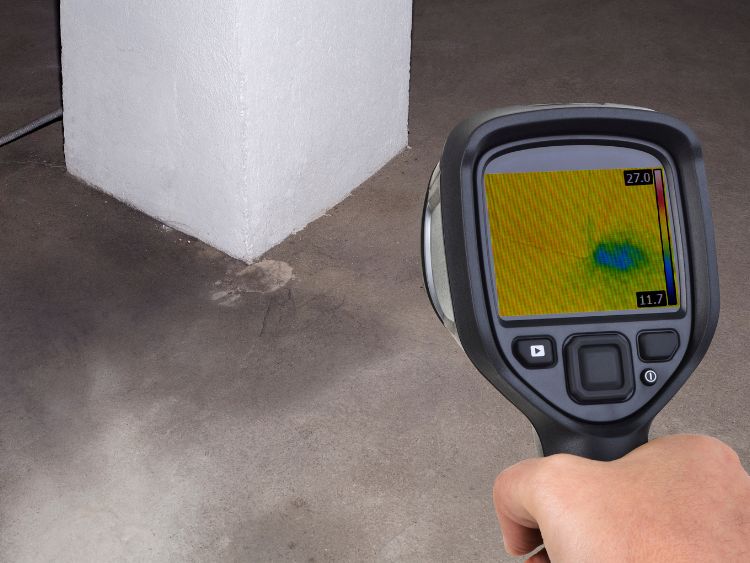Chief Executive Officer of Keel Team Mobile Home Park Investments. Responsible for overseeing acquisitions and investor relations.
There are 43,000 mobile home parks, or manufactured housing communities, scattered across the United States. This number decreases each year and new communities are not being built. Let me share five reasons why I think mobile home parks are declining in the United States.

1. Mobile home parks are often being redeveloped to make way for other uses
Ryan Burke, an analyst with Green Street Advisors estimates that only ten new mobile home communities were built in the last 20 years. However, I see that every year, at least ten mobile home parks are being closed and redeveloped. This is in contrast to self-storage units and apartment buildings, where new developments are being made all year.
2. Municipalities can lose out on mobile home parks
According to the U.S. Public Education Spending Statistics (updated August 2, 2021), federal, state, and local governments allocate $14,484 per child annually to fund K-12 public education. Because mobile homes generate very little revenue, this can lead to a significant loss for local governments. Mobile homes are considered personal property and owners pay lower annual taxes than single-family homeowners.
Mobile homeowners will likely pay only a few hundred dollars annually in personal property taxes. This is similar to what you would pay for a vehicle registration or boat registration at DMV. A family of four, with two children in school, may pay only $200 per year in mobile home taxes. It may not be financially responsible for a municipality approve the zoning approval of a mobile home park.

3. Municipalities may have stricter zoning regulations
It’s not surprising that municipalities across the country are imposing manufactured housing zoning regulations, considering the stigma of “trailer trash” and the economic loss they take on manufactured housing. There are many forms of these restrictions, including:
* The complete exclusion of manufactured houses
* Exclusion of manufactured homes in single-family residential areas.
* Requirements for minimum lot size that force mobile home communities to be less dense and more rural.
4. Not In My Backyard (NIMBY), neighbors are often opposed to new trailer park developments and expansions
Initiatives such as “NIMBY”, have made zoning more restrictive for trailer parks throughout the country. Most objections to affordable manufactured housing are based on assumptions about the types of people who will live in the new developments. Mobile home park development is often opposed because of the possibility of increased crime, thefts, and litter, as well as lower property tax revenue.
5. Mobile home communities that are not managed properly are being closed
Many mobile home parks are operated by small-scale mom-and-pop businesses. While most do everything they can to maintain the property, they may not be able to increase rents enough to keep pace with inflation. They might not be able to afford the ongoing maintenance of the properties if repair costs rise. The condition of the mobile park also declines.

The health department will then demand immediate renovations, or the community will be closed down. This is what happened at the Sand Hill Mobile Home Park, Newark, NY. Residents were given 30 days to leave the premises after the park was closed due to sewage problems.


